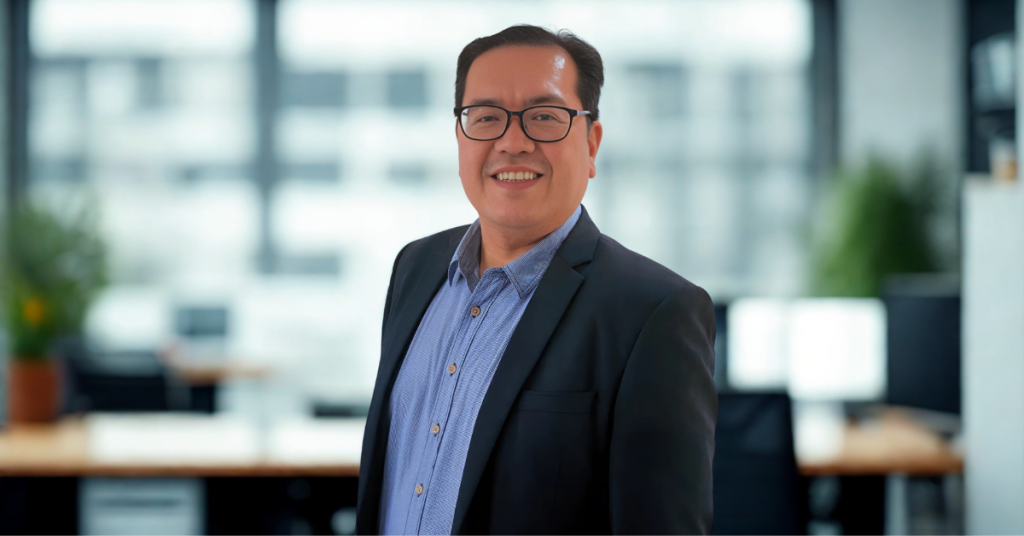Fitz Villafuerte, a Registered Financial Planner (RFP) and entrepreneur, didn’t build his first million by chasing trends or splurging on the latest tech. Instead, he focused on something most people overlook—durability. For him, saving money starts not with sacrifice, but with smart, intentional decisions.
“I would read online reviews and ask for feedback from friends before deciding on major purchases. It’s not about being cheap—it’s about being intentional,” Villafuerte told Financial Adviser PH in an exclusive interview.
That mindset led him to make wiser buying choices. Whether it was shoes, clothes, gadgets, or accessories, Fitz prioritized long-term value over flashy branding. And he’s very specific about the brands he trusts.
“For instance, I prefer an iPhone because they last two years longer with me than my experience on Android phones with similar specs,” he shared. The upfront cost may seem higher, but the extended usability makes it worth it—no constant repairs, no early upgrades, no stress.
The same logic applies to his footwear. “Most are just at mid-range, like Rusty Lopez, whose leather shoes I find to be really durable,” Fitz explained. He doesn’t equate price with quality. In fact, he believes many mid-range items offer better value than some luxury brands, especially in terms of how long they last.
These frugal but intentional habits helped him save significantly in the early years of his financial journey. He attributes his first real financial breakthrough to this discipline in spending. Durable items meant fewer replacements and repairs, which added up over time.
“This allowed me to save money, especially on shoes, bags, clothes, and gadgets, because I didn’t have to replace them as often,” he said. That consistency eventually helped him save his first ₱100,000—a major milestone that became a stepping stone toward financial independence.
Fitz emphasizes that this habit isn’t just about shopping wisely. It’s a reflection of a deeper principle: thoughtful spending. “Durability” is more than a trait for products—it’s a financial value that guides his decisions.
In a world where marketing urges consumers to keep upgrading, Fitz’s story serves as a timely reminder that buying smarter is often better than buying more. From gadgets to daily essentials, what lasts is what saves.
For those looking to improve their finances, he offers one practical takeaway: Always do your homework. A quick review check or asking a friend’s opinion can go a long way in avoiding poor purchases.
“I learned to give durability the most weight when choosing which brand or item to buy,” he concluded. That simple shift in mindset helped him cut unnecessary costs and build a habit of conscious consumption—an approach that’s as relevant today as it was when he began.
![]()



